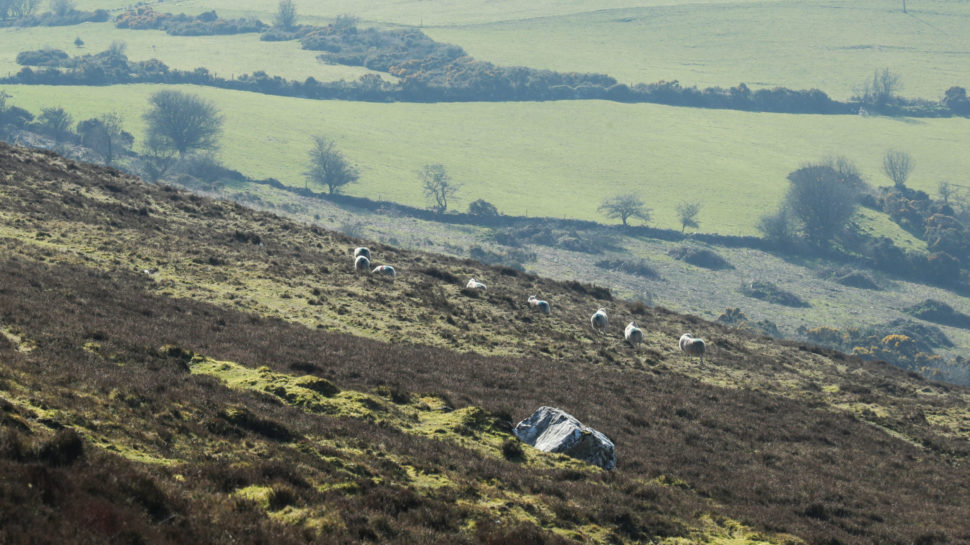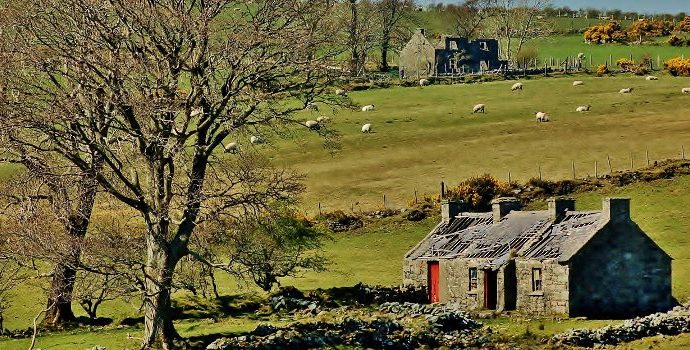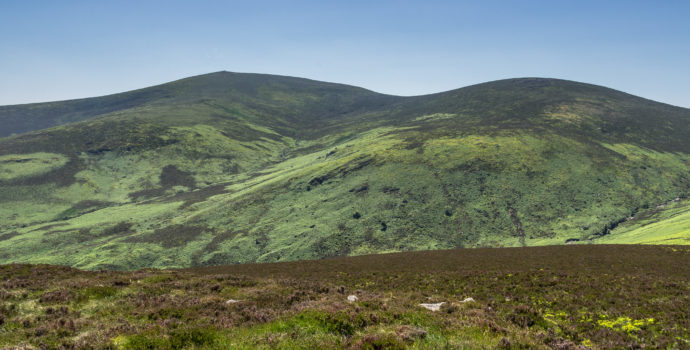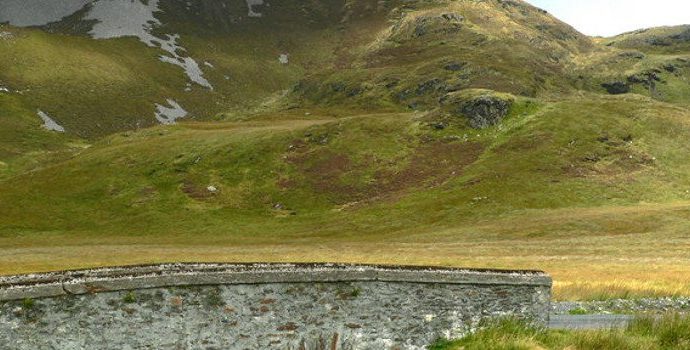Impact of Designations on Land has to be Recognised – IFA Hill Chairman

IFA Hill Chairman Cáillin Conneely said existing payment arrangements and the proposals in the CAP Strategic Plan for designated land are inadequate as they don’t address the fundamental issue of loss of income and the devaluation of land values.
“Restrictions due to designations are responsible for income loss. They impose additional costs on farmers and in many cases can make it difficult to meet cross compliance requirements,” he said.
At a meeting of the Designated Areas Monitoring Committee this week, which was attended by Heritage Minister Malcolm Noonan, the Hill Farming Chairman said the re-introduction of the NPWS Farm Plan Scheme was a positive first step.
“However, greater funding is needed to expand the number of farm plans on the scheme, with increased payment rates to reflect the additional costs and burden on farmers whose land is designated. An Enhanced Farm Plan Scheme must be funded through the national exchequer and must cater for all farmers with designations who apply,” he said.
IFA is calling for the introduction of an independent arbitration scheme to determine the loss of value or impact on business caused by designations and a budget must be in place to cover the costs associated with it.
There are 38 Activities Requiring Consent (ARCs) associated with designations, ranging from reclamation, to drainage works, to topping or clearing scrub and reseeding. These ARCs impose extra costs and unnecessary bureaucracy on 35,000 farmers affected by designations.
Cáillin Conneely said there is confusion among Government departments as to who actually grants permission for ARCs carried out in designated areas.
“A one-stop shop structure must be put in place to deal with these appeals; ensure fair play for farmers; and to minimise delays. Applications would be made to one body, with other relevant agencies feeding into it and there must be a defined period of time in which a farmer must receive a reply,” he said.
IFA has consistently said where Natura designations are imposed under the EU Habitats or Birds Directive, farmers and landowners must be properly compensated and IFA made it very clear that where designations exist at the moment, the compensation in place is insufficient.




